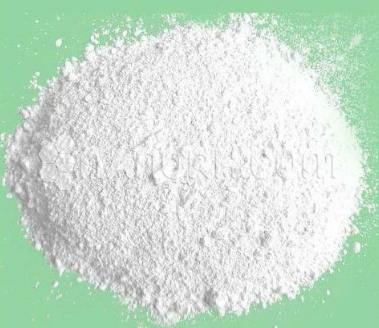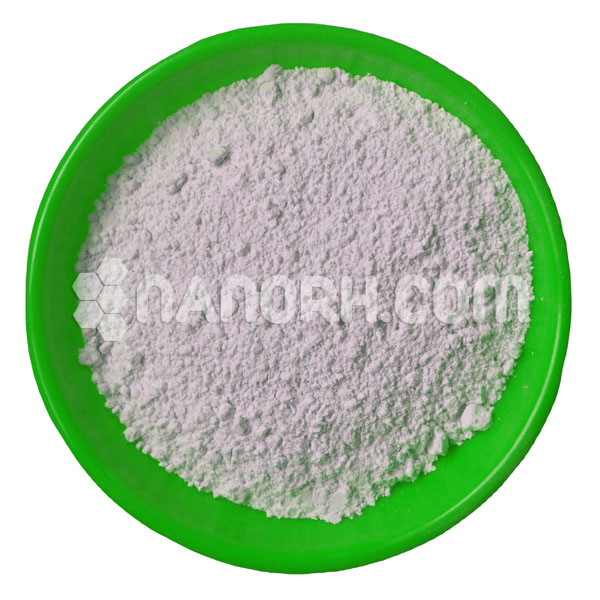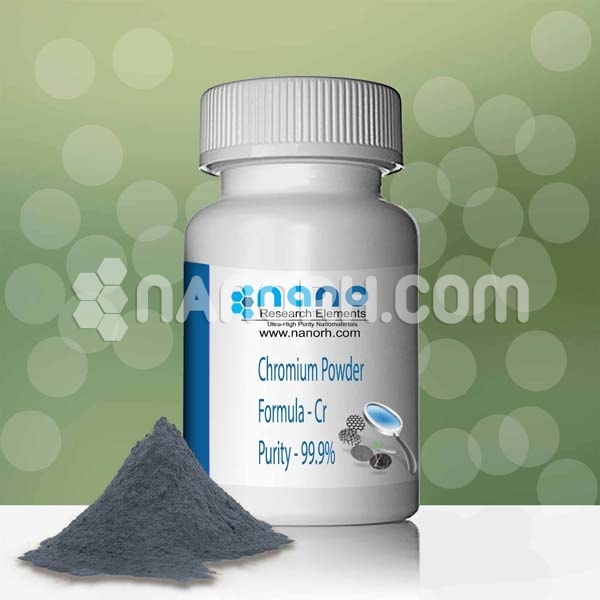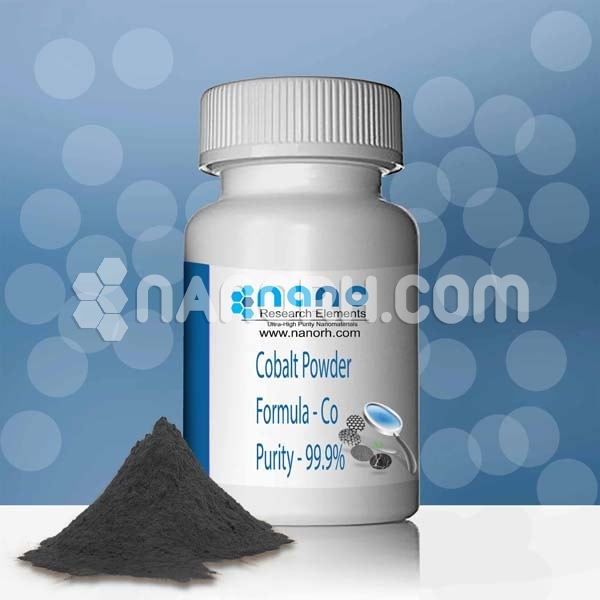Magnesium Aluminate Powder / Al2MgO4 Powder (Al2MgO4, 2um, 99.5%)
Spherical alpha-Al2O3 powder / Alpha alumina spherical shape powder, because of its high melting point, good thermal stability, good wear resistance, high mechanical strength, good electrical insulation, excellent corrosion resistance and other characteristics, is widely used in the electrical and electronic industry; Alpha alumina spherical shape powder as a filler in rubber and resin, the thermal conductivity of the mixture can be remarkably increased, the expansion coefficient can be reduced, and the strength of the mixture can be increased. Alpha Al2O3 spherical shape powder can be evenly dispersed in the organic body
| Magnesium Aluminate Powder | |
| Product No | NRE-11159 |
| CAS No. | 12068-51-8 |
| Formula | Al2MgO4 |
| Molecular Weight | 142.27g/mol |
| APS | <40 um (Can be Customized) |
| Purity | 99.5% |
| Density | 3.64 g/cm3 |
| Color | White |
| Melting Point | 2135 °C |
| Boiling Point | NA |
Magnesium Aluminate Powder
Magnesium aluminate (MgAl2O4) is a type of ceramic material that finds applications in various fields owing to its unique properties. This compound exhibits high thermal stability, chemical resistance, and mechanical strength, making it suitable for a range of industrial and technological applications. Here are some common applications of magnesium aluminate powder:
Refractory Materials: Magnesium aluminate is used in the production of refractory materials due to its high melting point and resistance to thermal shock. It is employed in the manufacturing of refractory bricks, crucibles, and other components used in high-temperature industrial processes such as steelmaking, glassmaking, and cement production.
Ceramic Products: The material is utilized in the production of advanced ceramics, including ceramic substrates, insulators, and components for electronic and electrical applications. Its high electrical insulation and mechanical strength make it suitable for various ceramic products used in the electronics and telecommunications industries.
Catalyst Supports: Magnesium aluminate can serve as a catalyst support in various chemical processes. It provides a stable and inert platform for catalysts, enabling efficient chemical reactions in industries such as petrochemicals, pharmaceuticals, and environmental remediation.
Optoelectronics: Due to its transparency in the near-infrared region, magnesium aluminate is used in optoelectronic devices and applications, including ultraviolet (UV) and infrared (IR) windows, lenses, and substrates for various optical systems and components.
High-temperature Insulation: The material is also employed as an insulating coating or lining in high-temperature equipment, furnaces, and kilns. Its thermal stability and resistance to chemical corrosion make it an ideal choice for insulating materials in extreme operating conditions.
Abrasives: Magnesium aluminate is utilized in abrasive applications due to its hardness and wear resistance. It is used in the production of abrasive powders and compounds for various industrial processes, including metalworking, polishing, and surface finishing.
Biomedical Applications: In the field of biomedical engineering, magnesium aluminate has shown promise for use in bioceramics and bioactive materials. Its biocompatibility and chemical stability make it suitable for applications such as bone implants and dental materials.
Coatings and Pigments: Magnesium aluminate is used as a coating material for various surfaces that require protection against corrosion, abrasion, and high temperatures. Additionally, it can be utilized as a pigment in the production of ceramics, paints, and other materials, providing unique coloration and heat resistance properties.




